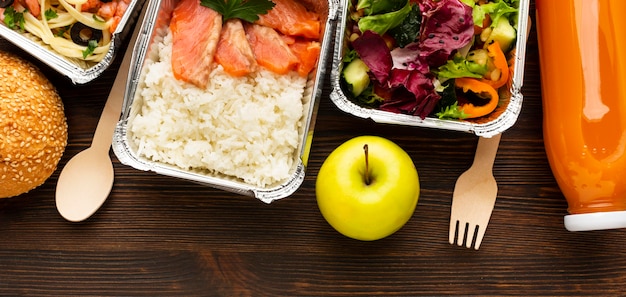Losing weight while maintaining energy, consistency, and sanity can feel like an uphill battle—especially when life gets busy. But for runners, the path to sustainable weight loss doesn’t require expensive gear, strict diets, or hours at the gym. With the right approach, you can leverage your runs and everyday habits to achieve real, lasting results—no matter how packed your schedule is.
Running is one of the most effective cardiovascular exercises for burning calories. A 150-pound person can burn 300–600 calories in just 30–60 minutes, depending on pace and terrain. But beyond the calorie burn, running boosts metabolism, improves insulin sensitivity, and supports mental well-being—all of which contribute to long-term weight management.
However, many runners hit a plateau or feel fatigued because they focus only on mileage. Sustainable weight loss requires a holistic strategy that includes smart training, recovery, nutrition, and lifestyle habits.

This checklist is designed for real life—no gym memberships, fancy equipment, or rigid meal plans. Just practical, science-backed steps you can integrate into your routine.
Instead of aiming to lose 20 pounds in a month, focus on achievable milestones: running 3 times a week, improving sleep, or drinking more water. Process goals build habits that lead to long-term success.
You don’t need to run fast every day. Aim for consistent, moderate-effort runs (like conversational pace) 3–5 times per week. This builds endurance, supports fat burning, and reduces injury risk.
Strength training increases muscle mass, which boosts resting metabolism. Just 15–20 minutes, 2–3 times a week, can make a big difference. Try bodyweight exercises like:

Running burns calories, but undereating can backfire—leading to fatigue, muscle loss, and slowed metabolism. Focus on whole, nutrient-dense foods:
Eat a small, balanced snack (e.g., banana with peanut butter) 30–60 minutes before longer runs, and refuel within an hour post-run with protein and carbs.
Dehydration can mimic hunger and reduce performance. Aim for at least 8 cups of water daily, more if you're sweating heavily. Carry a reusable bottle and sip throughout the day.
Poor sleep disrupts hormones that regulate appetite (like ghrelin and leptin), increasing cravings. Aim for 7–9 hours per night. Include rest days and active recovery (like walking or stretching) to prevent burnout.
Weight isn’t the only measure of success. Monitor improvements in energy, mood, running pace, clothing fit, or how you feel. These non-scale victories are powerful motivators.
You don’t need high-tech gadgets. A good pair of running shoes, moisture-wicking clothes, and a water bottle are all you need. Use a free running app to track distance and time if desired.
Beyond running, stay active: take the stairs, walk during calls, or do quick stretch breaks. Non-exercise activity thermogenesis (NEAT) can significantly boost daily calorie burn.
Life happens—missed runs, social events, stress. That’s okay. Focus on progress, not perfection. Sustainable weight loss is a marathon, not a sprint.

Weight loss for runners isn’t about extreme measures. It’s about making small, consistent choices that support your health and performance. By combining smart running, strength work, proper nutrition, and lifestyle habits, you can achieve your goals—without overhauling your life.
Stick to the checklist, stay patient, and trust the process. Your fittest, healthiest self is already on the run.

Fitness

Fitness

Fitness

Fitness

Wellness

Fitness

Fitness

Fitness

Health

Fitness

Fitness

Wellness

Health

Fitness

Health

Health